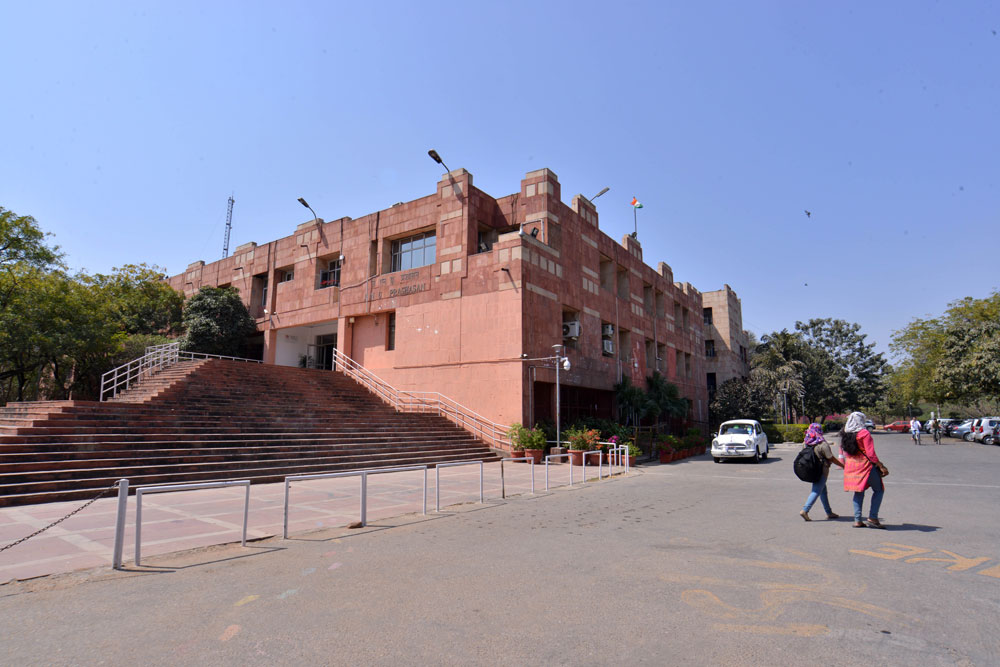Jawaharlal Nehru University has sought to draw a parallel with the Massachusetts Institute of Technology and Princeton University to defend its decision to review historian Romila Thapar’s honorary emeritus professorship but some former and current teachers said the comparison was too stretched.
JNU had on Sunday issued a statement saying MIT and Princeton University followed a similar policy, after the varsity faced criticism from the academic community for asking Thapar to submit her CV.
“Such a review is consistent with the practices at other reputed universities such as MIT and Princeton University where the University has the right to review the academic contributions of the emeritus professors. They even have the right to rescind such appointments,” the JNU statement said.
A scrutiny of the policies the two American universities follow on emeritus professorships suggests that both have a provision to rescind the position.
But while an emeritus professor at JNU is expected to voluntarily contribute to academic pursuit, former teachers holding similar positions at Princeton and MIT need to be more involved.
Princeton’s policy on an emeritus professor says: “When faculty transfer to emeritus status and retains a professional connection with Princeton, they are expected to conduct their future research and University related activities with the same ethical standards currently expected from all Princeton faculty. The university reserves right to rescind emeritus status for conduct inconsistent with these standards.”
According to the MIT policy obtained from the institute’s website, “Professor emeritus who remains active at MIT must report their outside professional activities to their department heads annually”.
The JNU policy on emeritus professors does not expect them to compulsorily remain active at the university but leaves it to the academics concerned to decide how they can contribute.
“The Professor Emeritus shall be free to do academic work in the School to which she/he is attached and may supervise research scholars as a co-supervisor along with a regular faculty member,” the JNU policy says.
Professor Ayesha Kidwai, who teaches at the school of languages, said the comparison with the US institutes was not fair.
“In JNU, the honour is given to work already done by the academic before retirement, not work to be done during emeritus professorship. The honour is for life. It is not fair to compare with MIT and Princeton.”
Professor C.P. Bhambri, a retired and distinguished scholar who taught at JNU’s school of social sciences, asked the varsity to explain why it had introduced a cut-off age of 75 — a provision it introduced last year — for reviewing emeritus professorships.
“A teacher retires at 65. He or she is awarded emeritus status. There is no fixed role. There is no salary. Earlier, they got a room where they could sit and pursue their work. The university withdrew the room facility a year ago. Then why the review?”
Bhambri said Thapar, who has been a strong critic of the Narendra Modi government’s policies, and a few other eminent scholars have been targeted as part of a cleansing drive.
“Institutions are known through their human capital. Institutions are not made of brick and cement. Now the administration is dishonouring them,” Bhambri said.
JNU registrar Pramod Kumar said the comparison with MIT and Princeton was about the provision about rescinding the appointment.
“We cited MIT and Princeton to show that review of emeritus professorships is also followed by other universities. It does not mean all other provisions in the scheme for emeritus professor at JNU are the same as those in MIT and Princeton,” Kumar said.
The university, he said, had merely asked for a report or CV to know how these academics were doing.










